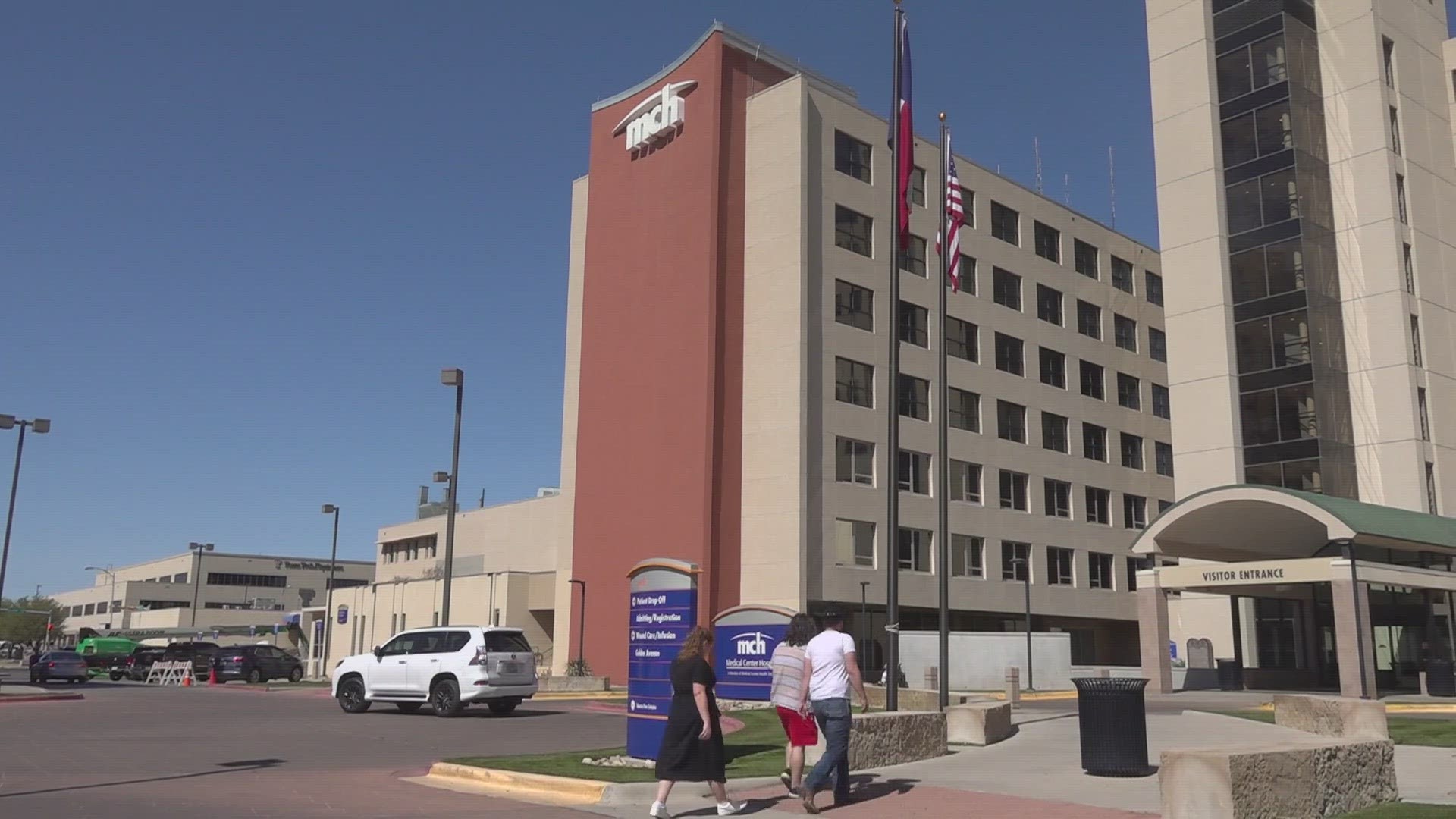ODESSA, Texas — Medical Center Hospital will be receiving new equipment for their NICU unit, sponsored by the Children's Miracle Network. This partnership has been working to provide the best care for the community.
It all started with a need for the MCH NICU.
“As time has gone on, we're having to replace critical pieces of equipment," said Director of MCH Cardiopulmonary Services Renato Galindo. "So, it was determined that we need to replace our jet ventilators or ventilators specified by the neonatal population. It's a very gentle, safe way to help them breathe while their bodies still develop.”
Alongside the ventilators, MCH also needed radiometer T-com monitors.
“It is a monitor where we can really monitor how well the baby's breathing during mechanical ventilation without having to draw blood," Galindo explained. "So, it's a really great measure to protect the baby from further injury, or unnecessary blood draws."
Originally, Renato requested four T-com monitors with a price tag of $53,851.64 and three ventilators. However, the Children's Miracle Network had a bigger plan in mind.
“We asked for three vents, the board decided to double it and get us six instead, to meet our needs with four monitors," Galindo said.
“We wanted to make sure that in our worst-case scenario, we're able to treat all of our patients here," Children's Miracle Network Program Manager Samantha Serrano said. "And so that's what's great about Children's Miracle Network is we have these funds available for our team.”
At MCH, the equipment is currently over 25 years old and beyond repair. So, the new machines will be essential to the children's healthcare.
“It is a big part of the care we provide for our littlest patients which is our preterm babies, but it's actually a great safety device," Galindo said. "The less blood we have to draw, the more we protect the infant from infection, or other repercussions from blood loss. By being able to replace them, we're ensuring we have the right equipment and the right training to take care of these babies because we've seen an increase in the need for these pieces of equipment due to the population growth in our region.”
The reason projects like this work so well is through care givers having a great relationship and a common goal, keeping the smallest patients the priority.
“Children's Miracle Network is here to support the health system our whole system with NICU pediatrics, labor and delivery," Serrano said. "Those funds make big things here possible. They make sure that our team doesn't have the stress of not being able to treat our patients and makes their parents feel comfortable knowing that we have the equipment to treat their baby especially in such a stressful time and emotional time.”
The MCH staff has grown to see Children's Miracle Network as a strong community figure.
“Being able to provide necessary equipment and on top of it, training so that we can take care of our own without having to send children and families to other hospitals in Lubbock, Dallas, San Antonio," Galindo said. "Children's Miracle Network actually provides us with funds so we can take care of our own here locally.”

